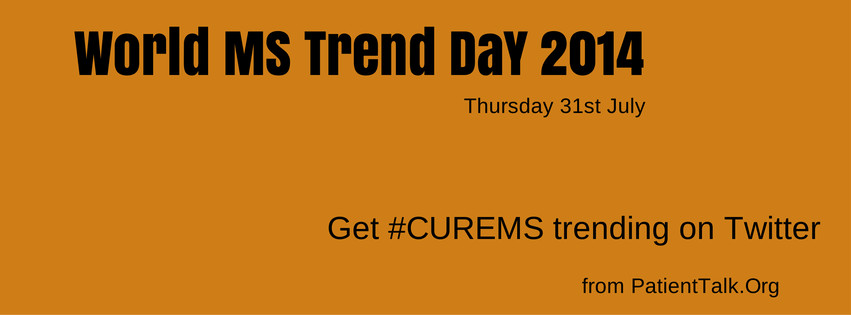Healthcare and Social Media – How one hospital is using social media to highlight its surgical breakthroughs and achievements.
As many of you know by know I’m a massive fan of social media and really believe that it can, and will, revolutionise healthcare.
On Wednesday 28 October, Leicester’s Hospitals will be using social media to showcase the pioneering techniques and hard work undertaken by staff each and every day in the Theatres and Intensive Care Units at the Royal Infirmary, General and Glenfield Hospitals.
The aim of the day is to give the public a behind-the-scenes look into our Theatres to highlight how our staff treat and care for patients who need an operation or intensive care. We will be sharing facts and figures, along with footage of new technology and procedures, information about job opportunities and a closer look at the roles of the staff that patients might meet on their journey through an operating theatre.
Phil Walmsley, Deputy Director of Operations for Theatre Services at Leicester’s Hospitals, said: “Theatres are rarely seen by the public so we want to demystify what goes on and celebrate the excellent work done by our staff 24 hours a day, 7 days a week. We are also keen to show what we have to offer to anyone who wants join our team to make a real improvement to patient care, but also to help explain to the public what happens in what can be scary places.”
The day will start at 8am with Chris Fowkes, Charge Nurse in Theatres, giving a virtual tour of the recently refurbished Theatres Arrival Area at Leicester Royal Infirmary via the Trust’s social media channels, followed by an introduction to a patient being shadowed for the day to explain the patient journey through our hospitals’ theatres.
Throughout the day, videos will be shared revealing pre-surgery ‘fitness tests’, real patient experiences, pioneering surgery, and advanced robotic surgery techniques. Those following the social media day will see behind the scenes in the Clinical Sciences Lab, the Theatre Matron’s Office to find out more about Operating Department Practitioners, and visit the Recovery Theatres where patients who were admitted earlier in the day will be recuperating from their operation.
In the afternoon there will be a chance to find out what it’s like to ‘manage floor control’, how many patients our reception staff see each day, and explore the role of Healthcare Assistants in the department. This will lead on to a video tour of the Cardiothoracic Theatre where behind-the-scenes images from the Cardiac Surgical Services at Glenfield will be showcased.
The social media day will culminate in a live Q&A session on Twitter (@Leic_Hospital) between 5-6pm with Phil Walmsley, Deputy Director of Operations, Dave Kirkbride, Consultant Anaesthetist and Warren Berman, General Manager, giving the public an opportunity to ask any questions about Theatres and Intensive Care Units at Leicester’s Hospitals using #UHLTheatres.



